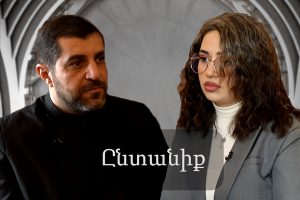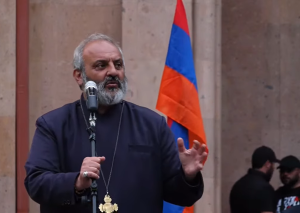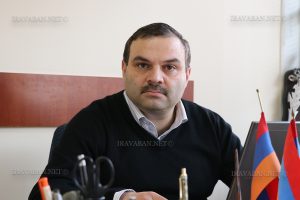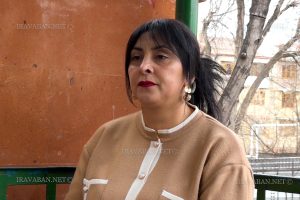Summer has taken reign for two days now. Most of the population expects this season. And in this season Armenia opens doors to tourists. It’s an open-air museum of monasteries, old churches, temples and khachkars (stone-cross). And these values have international prominence and historical significance not only for Armenia but for the world. That’s what makes Armenia unique, where tourism was an attractive phenomenon.
I think you will agree that sometimes you want to break away from work and find yourself in a beautiful and green spot, where there’s only you and the nature.
This is all pretty, of course, but is it accessible to all?
What do we imply by tourism? According to article 2 of the law “On Tourism and tourism activity”, tourism is defined as “travel from permanent residents for cognitive, recreational, health, religious, professional, business and other purposes for up to a year”. So if we look at the home tourism, it is an activity that few can afford.
A basic principle of national tourism strategy is to create conditions for securing the rights of citizens to implement tourism activities. In fact, citizens are forced to pay even for the grass they sit on. But on the other hand the state policy encourages home tourism. This is a kind of support, where residents of a country are not enabled to see it. It is no secret that foreign tourist get a better chance to discover and see Armenia than its actual residents.
Another policy item is preservation of environment and natural resources attracting tourism. Which in legal practice means logging, conversion of cultural and green areas into trade and business centers.
Especially in summer people like to criticize those who go abroad for vacation. The reason brought is that we help enrich neighboring countries instead of ours. And what can one do if he has worked for a year, saving money and has no way of spending vacation without unjustified expenditures and overpricing in Armenia?
Thus, only developing eternal tourism, we can’t say that Armenia prioritizes internal tourism as strategic.





























